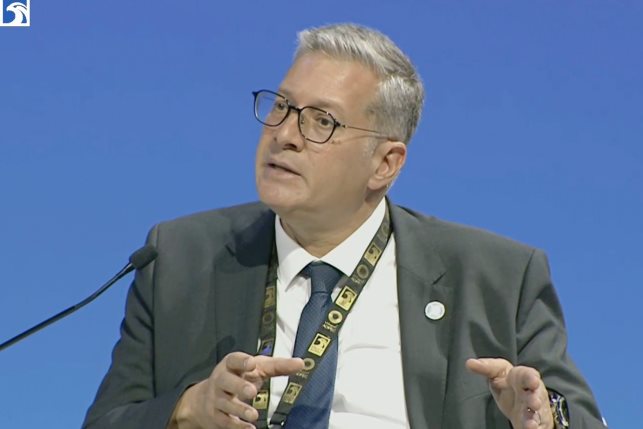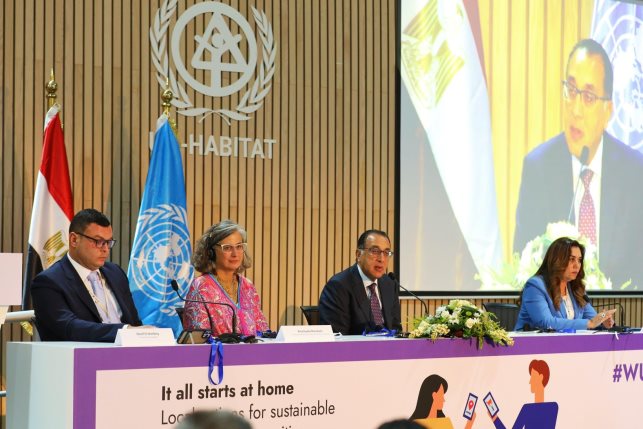Current account deficit widens amidst capital inflows, surging 225% YoY | CBE
The deficit widened mainly due to a drop in Egypt's oil trade balance, which swung from a $1.7 billion surplus to a $5.1 billion deficit, driven by a decline in natural gas production that pushed oil and gas exports down by 61%

During the first nine months of FY 2023/2024, Egypt's current account deficit surged by 225% year-on-year, reaching $17.1 billion, up from $5.3 billion recorded in the same period of the previous fiscal year, according to the latest figures from the Central Bank of Egypt (CBE).
The deficit widened mainly due to a drop in Egypt's oil trade balance, which swung from a $1.7 billion surplus to a $5.1 billion deficit, driven by a decline in natural gas production that pushed oil and gas exports down by 61%.
Despite several challenges, Egypt's Balance of Payments (BoP) remained resilient, recording an overall surplus of $4.1 billion for the first nine months of FY 2023/2024.
Growing Deficit
Widening Egypt’s current account deficit were declines in Suez Canal revenues, remittances, and a growing investment income deficit.
Suez Canal transit receipts decreased by 7.4% year-on-year to $5.8 billion, reflecting a decline in both net tonnage and the number of transiting vessels. On a quarterly basis, receipts plummeted by 57.2% due to disruptions in maritime traffic through the Red Sea.
Remittances from Egyptians abroad saw a decline of 17.1% year-on-year, amounting to $14.5 billion during the nine-month period. However, remittances inflows grew in March by 11.1%.
Investment income deficit grew by 4%, climbing from $13.5 billion to $14 billion, with investment income payments reporting an upward trend of 2.9% to $15.1 billion “reflecting the rise in interest payments on external debt”.
BoP remains resilient, boosted by FDIs and non-oil trade
Egypt’s capital and financial account recorded a net inflow of $20 billion, the CBE’s data revealed.
The $4.1 billion surplus recorded during the July 2023 – March 2024 period was bolstered by strong capital inflows, which included Foreign Direct Investment (FDI) soaring to $23.7 billion, a three-fold increase from the previous year's $7.9 billion.
A significant portion of this inflow, $18.2 billion, came from the initial payment under the Ras El Hekma agreement, highlighting renewed investor confidence in Egypt's economic reforms.
Portfolio investments rebounded strongly, recording a net inflow of $14.6 billion compared to an outflow of $3.4 billion previously, reflecting improved investor sentiment.
Tourism revenues also showed resilience, growing by 5.3% year-on-year to $10.9 billion, driven by increased tourist arrivals and spending.
The non-oil trade deficit narrowed by $1.5 billion to $23.7 billion, supported by a decrease in imports and a slight increase in exports of non-oil commodities.





